Originally published in the Letter to the Editor section of The Chronicle of Higher Education on August 30, 2022. The original publication can be found here on The Chronicle of Higher Education’s website.
To the Editor:
In April 2020, you reported on the “land grabs” lodged in the 1862 Morrill Act. That legislation gave birth to the Land Grant system, endowed by the sale of Indian homelands repurposed as ‘public domain.’ Some Land Grant institutions acknowledge this redistributive windfall and seek equitable solutions with their Indian benefactors. The Universities of South Dakota, Minnesota, Michigan, Wisconsin, and California stand out. Others wait on the sidelines.
The Supreme Court has held, according to Harvard Law School professor Joseph Singer, “that treaties with Indian nations must be interpreted as the Indians themselves would have understood them, and that any ambiguities must be interpreted liberally to preserve tribal sovereignty and property rights.” To premise public ownership on broken treaties and then privatize these lands to endow a Land Grant mission is unscrupulous. It is foreign to any moral fiber in that mission.
Nearly three quarters of Morrill Act lands came from Indian Treaty lands. Treaties are the highest law of the land, yet numerous Indian treaties were unilaterally gutted by the Federal government. Washington’s nonchalance over these wrongs invites concern. Property title established through treaty abrogation is repulsive.
Our nation is constitutionally committed to property rights. As home buyers know, titles claimed by a third party are legally defective and unmarketable. Buyers are responsible for examining title defects and notifying sellers. Educational endowments sourced from defective “public domain” — confiscated homelands of unwilling sellers — are horrendous. Both law and conscience view the taking of others’ possessions as theft.
We who have benefited from Land Grant endowments and entitlements must express these truths to our alma maters. Millions of acres of indigenous lands were taken from 240 tribes in 24 states under the Morrill Act; this occurred before Washington terminated its hundred-year-old Indian treaty tradition. According to Professor Singer, “Limiting tribal sovereignty or harming tribal property without tribal consent is an act of conquest.”
How in good conscience can any Land Grant beneficiary wait on the sidelines? Land acknowledgements are a first step. It’s time to walk the talk. Well done is better than well said, a learned elder once observed.
Charles Geisler
Professor Emeritus
Cornell University
Jarrid J. Whitney (Six Nations Cayuga; Wolf Clan)
Former Chair of the Cornell Native American Alumni Association
Frederic Wien
Dalhousie University
Meredith Alberta Palmer (Tuscarora, Six Nations)
Postdoc, University at Buffalo
Lousie Fortmann
University of California at Berkeley
Andrew Curley (Navajo Nation)
University of Arizona
Christopher Dunn
Executive Director, Cornell Botanic Gardens
